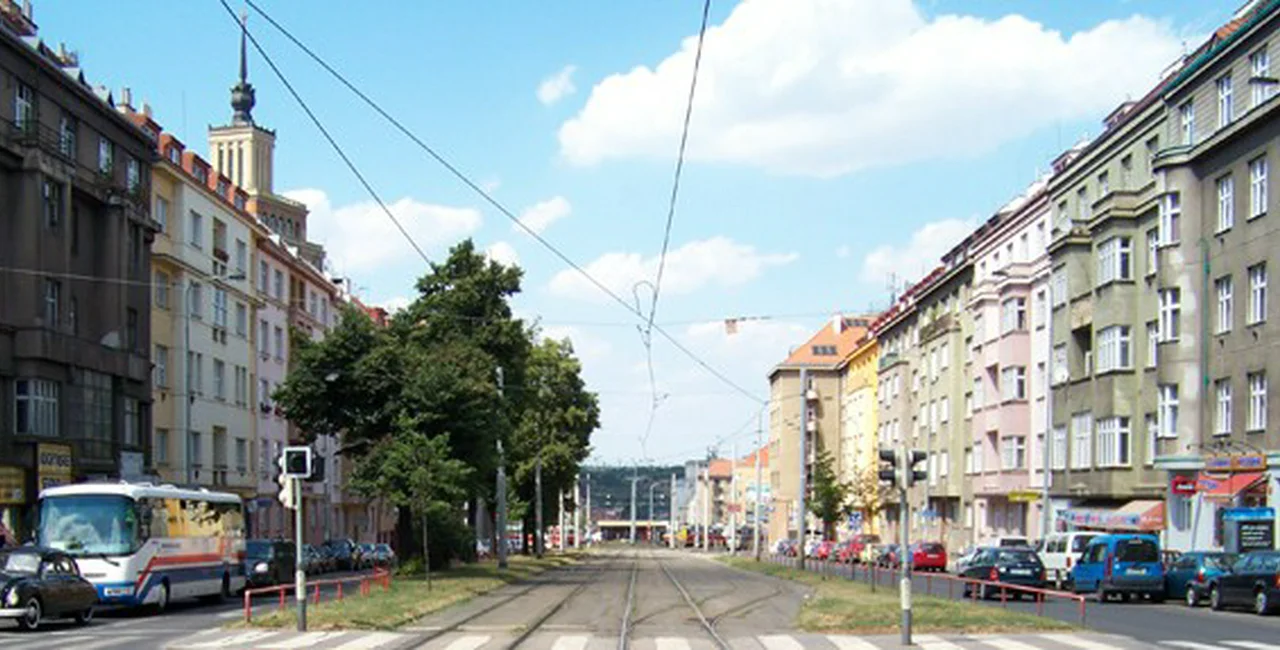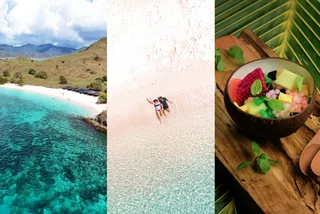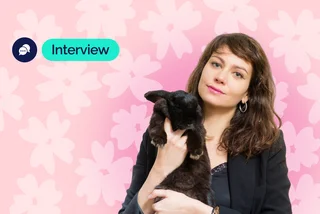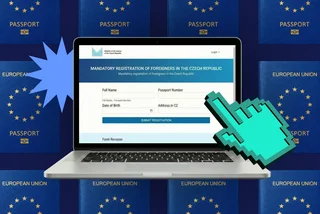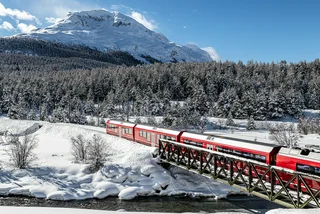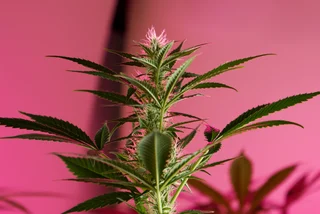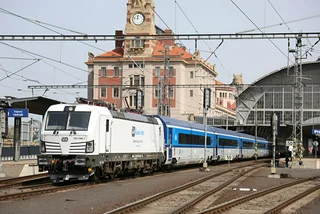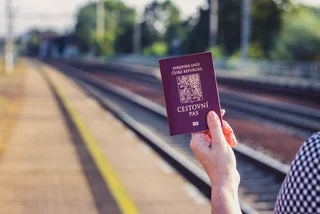Families and children

Dejvice is popular among expats partly because it is child-friendly. A large number of properties in the neighborhood have gardens for children to play in, and many residential streets, in Hanspaulka and Střešovice, for example, are quite secluded and away from heavy traffic.
The abundance of green spaces is a selling point too; the most important are Divoká Šárka, Stromovka, and Letná. All offer children plenty of scope to enjoy a range of activities throughout the year, whether it´s sledding in Stromovka in winter, or kite flying in the grassy areas at the entrance to Divoká Šárka in the spring or summer. If you have younger children and they speak Czech, they might enjoy a trip to the Divadlo Špejbla a Hurvínka (Špejbl & Hurvínek Puppet Theatre), where the eponymous characters, familiar to generations of Czech children, make their stage appearances.
Education
In addition to being a desirable residential area, Dejvice also ticks the expat boxes in terms of education. A number of Prague´s international schools are situated in Prague 6, although only the Sedlec-based Riverside School has premises in the neighborhood: as a result of expansion, a new senior high school is opening in a new building near Hradčanská metro station in September 2011. The Vlastina site of the Prague British School is located in Liboc, and the International School of Prague is based in Nebušice, a village on the edge of Prague 6.
As is the case elsewhere in Prague, expat parents can send their children to Czech nursery schools, elementary schools, and high schools.
Higher education has a strong presence in Dejvice, most notably the Czech Technical University (České výsoké učení technické), known as ČVÚT. The utilitarian buildings of the main campus, which spreads itself around the northern side of Vítězné náměstí, are local landmarks. As its name suggests, ČVUT focuses on technical subjects, such as all branches of engineering, and architecture. The university offers ERASMUS and exchange courses in English, and foreign students who speak Czech can also apply to study there.

Visualization of the new metro station at Červený vrch
Entertainment and culture
Dejvice´s local theater, the Dejvické divadlo, stages plays in Czech only, and the neighborhood´s sole cinema, the modest Ořechovka, established during the First Czechoslovak Republic, is currently closed for reconstruction. In terms of museums, the lesser-known but unusual Ekotechnické muzeum, in Bubeneč, is more interesting than it sounds. The complex was once a sewage treatment plant, and visitors can go underground and tour the old sewer system.
Sport and leisure
The large student population in Prague 6 ensures a fairly good range of sports facilities, although sports centers are not actually located in Dejvice itself but the wider Prague 6 area. The ČVUT physical education complex at Na Julisce is open to the public and includes a gym and multi-purpose sports halls. Further afield, but conveniently situated close to Evropská, is the Sportscentrum Evropská, which is attached to the Physical Education Faculty of Charles University and offers a range of facilities such as a gym and squash courts.
Privately-owned gyms in Dejvice include Fitness Millennium, and on a larger scale, the recently opened BBC fitness centre on Evropská offers a large gym, spinning and boxing.
Dejvice is also home to Dukla Prague football team, which is in the Czech second division. The club plays at the Na Julisce stadium, where athletics events sometimes are held.
There are plenty of opportunities for outdoor sports in Dejvice as well. Cycling and running are popular in Divoká Šárka, as is the small swimming pool. If you´re not fussy about water quality, you can swim in the Džban reservoir (Vodní nádrž Džban).

Shopping and services
Like other long-established residential areas in Prague, shopping is characterized by a strong local retail presence and a variety of outlets offering a range of services that the hypermarkets don´t offer. The main shopping streets are Československé armády, Dejvická, Jugoslavských partyzánů, Vítězné náměstí, and, to a lesser extent, Evropská.
Conveniently, many of stores are a short hop away from Vítězné náměstí.
Besides the standard mix of grocers, bakers, etc. in the neighborhood, on Dejvická for example, you can find a store selling organic products, clothing retailers, and, it´s fairly safe to say, the only place in Prague where you can get your eyes tested and have lunch in the same place. Specialist stores include Country Life, which sells vegetarian produce, and Wine Food Market, specialising in Italian wines and food.
One of the retail quirks of Dejvice is that Anglophone and Russophone expat communities are quite well catered for when it comes to produce from the old countries. The small Robertson´s store on Jugoslavských partyzánů helps Britons keep homesickness at bay, at least foodwise, and the proximity of the Russian embassy to Dejvice has resulted in a cluster of shops in the area selling Russian produce, such as Kalinka on Puškinovo náměstí.
The fact that many locally-owned, independent stores continue to do business is perhaps because that large supermarkets and hypermarkets have so far not established a presence in Dejvice. Albert has a store on Československé armady, which replaced the popular Belgian-owned supermarket chain, and also a supermarket at the northern end of Jugoslavských partyzánů. If you´re looking for something bigger, you´ll have to venture further afield, and if it´s a mall experience you´re after, regular buses run from Vítězné náměstí to the Šestka shopping center near Prague airport.

Eating and drinking
As you might expect, a cosmopolitan area like Dejvice offers correspondingly cosmopolitan restaurant scene, and the large student population in the area helps keep eating out affordable.
Many of the restaurants in the area are concentrated east of the area bounded by Jugoslavských partyzánů and Milady Horákove. Well-known haunts include the ever popular Pizzeria Grosetto on Jugoslavských partyzánů, and U Cedru, nearby, is a long-established Lebanese restaurant. Other restaurants in the area include Mirellie Mediterranean restaurant, and the Potrefená husa chain has a branch on Verdunská. On a more traditional level, and just beyond the Dejvice boundaries, on Wolkerova, is the well-known Na Slamníku pub, which serves typical Czech fare.
Dejvice has a fairly good selection of cafes, including the days-gone-by atmosphere of Kabinet, in a quiet corner near Jugoslavských partyzánů. Cafe Calma serves a wide range of food, including breakfast, and Vypálené koťátko continues the Dejvice schizophrenic eatery tradition by offering ceramic painting as well as food and drink.
Medical facilities
The nearest hospital is the Vojenská nemocnice in Střešovice, which is open to the general public, and there are numerous doctors and dentists in the neighborhood.
SUMMARY
Strengths
- Good quality housing stock
- Access to international schools
- Excellent public transport links
- Very good location for families with children
- Attractive green spaces
- Good range of local shops
- Good choice of sports facilities
- Wide range of restaurants
Weaknesses
- Lack of affordable housing
- Lack of off-street parking in some areas
- Lack of large supermarkets
- Limited choice of supermarkets
- Relative lack of cultural facilities
***
OTHER PRAGUE DISTRICTS:












 Reading time: 6 minutes
Reading time: 6 minutes 